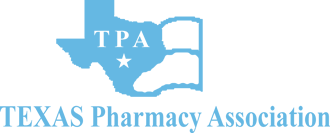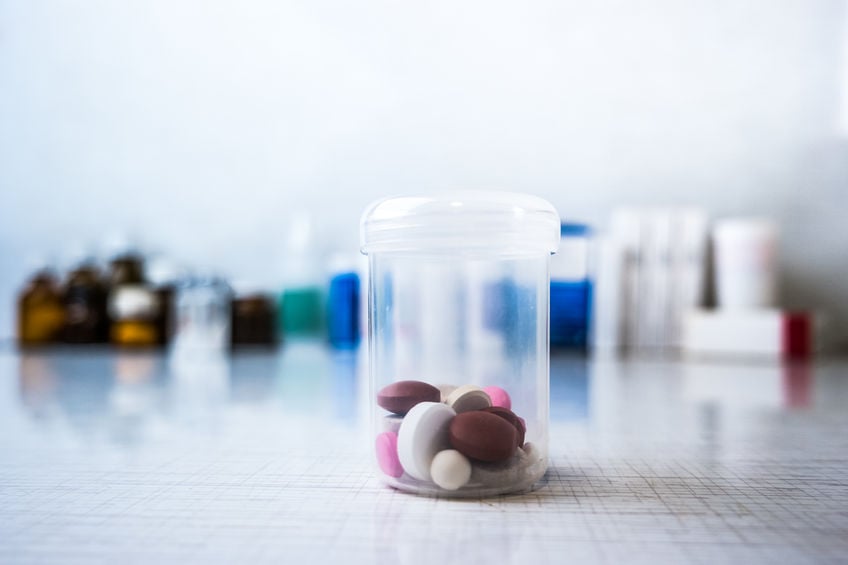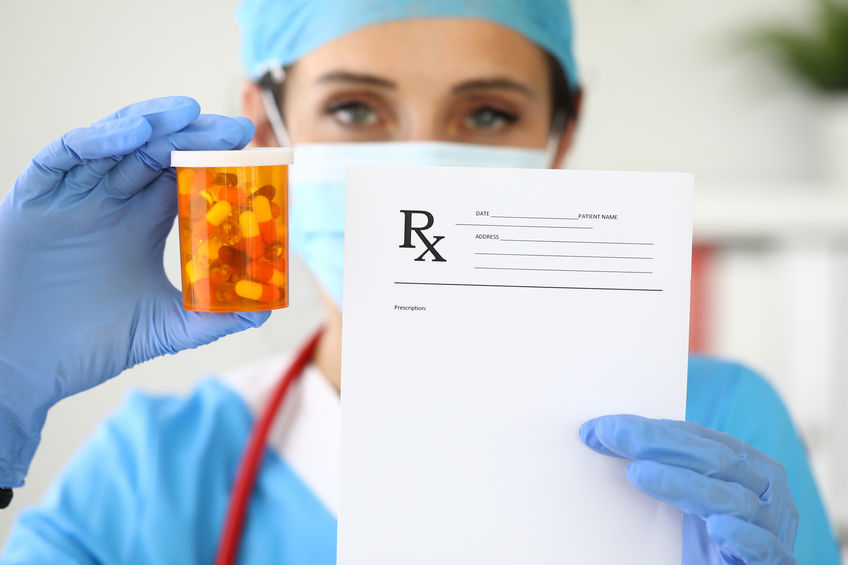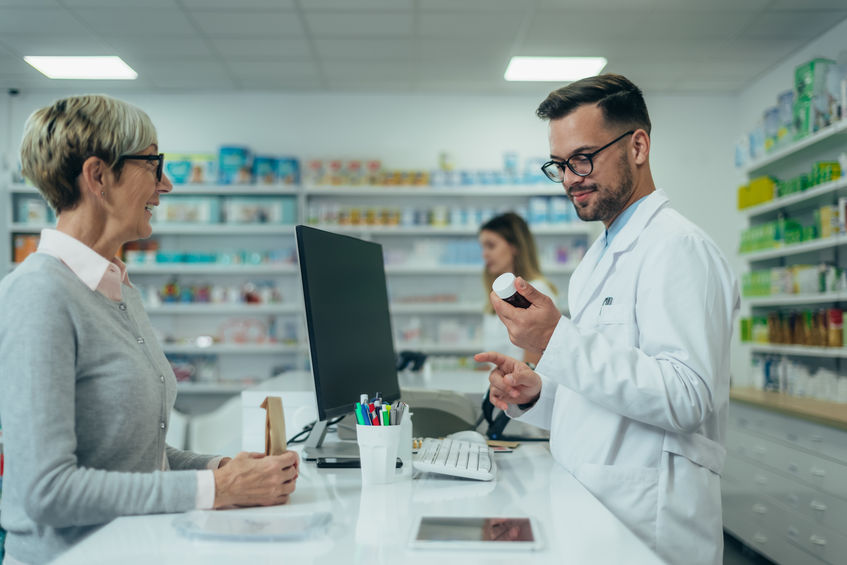Improving Medication Is Crucial To Healthcare
Medications like prescription drugs are an essential part of healthcare. More than 45% of American adults take at least one prescription medication. These drugs are important in fighting many serious and incurable diseases that plague society today. Over the decades, the quality of medication has improved. But so has the availability of data, technology, and access to information once thought impossible. These factors created the advent of personalized medications, a revolutionary way of treating disease.

What are personalized medications?
Personalized medicine, also called precision medicine, uses advanced technology to create medication specific to the patient. The personalized medication combines big data, analytics, population data, and genetics to create more precise treatments and therapies. These precise, personalized medications can improve the success rates for treatments like cancer and cardiovascular disease. All things considered, personalized medicine is still in the infancy stages. However, current data has helped with more successful outcomes with medication and treatment.
Isn’t this compounding?
Personalized medication sounds similar to compounding. With compounding, a pharmacist creates a generic drug or combines different drugs for the patient’s specific needs. The pharmacist may remove an allergic ingredient or convert the drug into a topical or spray form. With personalized medication, pharmacists are aware of the patient’s genetic response to a drug. From there, a drug is then created that’s safer and more effective. Everyone benefits from personalized medication. But these 3 specific patients have a great advantage.
1. Patients with specific genotypes
Some patients have specific genes that prevent drugs from being properly absorbed in the body. In some cases, the drug may not work at all and cause unwanted side effects. By using genetic data, pharmacists can create a drug with the right combination to best serve the patient. That could mean increasing the dose, decreasing the dose, or changing the drug altogether.
2. Patients with previously unsuccessful treatment
Some patients fail to see results from standard medication. The drugs may be ineffective or create long-term damage. Some doctors resort to trial-and-error, trying different brands or types of medication. Personalized medication can improve the chances of recovery by identifying any genetic defect and providing the right medication.
3. Patients who are susceptible to disease
Personalized medication is also useful in a preventative sense. The data can help doctors determine the probability that a patient will become ill. The patient can then start medication or treatment to fix the underlying cause, preventing illness altogether.
Invest in the future of medicine
Personalized medication ensures something critical, like healthcare, is not a one-size-fits-all approach. Everyone is different, down to the slightest DNA detail. Each patient also responds to treatment differently, down to the tiniest detail. By leveraging the available information and technology on genetics, doctors and pharmacists can save lives. If personalized medications are available to treat a pre-existing condition or disease, don’t hesitate to ask. For more information about personalized medications, speak with a pharmacist.
RECENT
ARTICLES



Our Patients Say
We pride ourselves on providing exceptional customer service to our community. Here are a few things that the community is saying about us.
Convenient and quality service. Ive never had my prescriptions filled quicker and the pharmacist took the time to tell me about what I was taking.
Excellent experience! Friendly, knowledgeable staff!
I have been a customer since they opened. Julie and Hiten have both treated me with the utmost respect and have always been ready to take care if my needs with a smile




